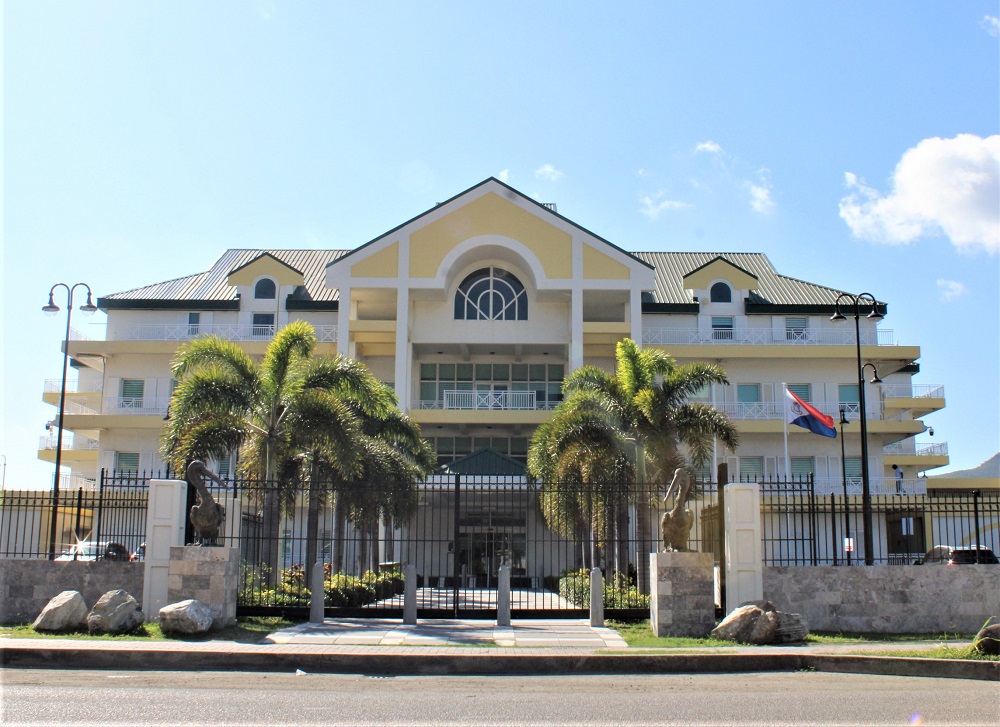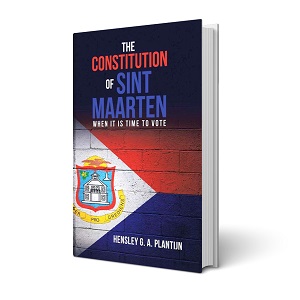No liquidity support yet but talks have finally started

THE HAGUE / PHILIPSBURG – St. Maarten’s needs 61.2 million guilders in liquidity support until the end of 2020 but the government will not get this money yet because it does not meet the requirements for the second tranche of liquidity support and because it has not yet agreed to the conditions for the third tranche.
###
This is a Premium Article. You will have to purchase an INSIDER Subscription plan for $99 US Dollars to be able to access this Premium Article and continue reading. If you already have a Yearly Subscription, will have to upgrade to the INSIDER Subscription plan in order to be able to read this article in its entirety. SPECIAL OFFER: If you buy or upgrade to an INSIDER Subscription plan, you will not only get access to this review article about the 2020 budget of the Central Bank of Curacao & St. Maarten, but you will also receive a free copy of the book 'The Constitution of Sint Maarten - When it is time to vote' by Hensley Plantijn. Click here to purchase an INSIDER Subscription now...
SPECIAL OFFER: If you buy or upgrade to an INSIDER Subscription plan, you will not only get access to this review article about the 2020 budget of the Central Bank of Curacao & St. Maarten, but you will also receive a free copy of the book 'The Constitution of Sint Maarten - When it is time to vote' by Hensley Plantijn. Click here to purchase an INSIDER Subscription now...


























